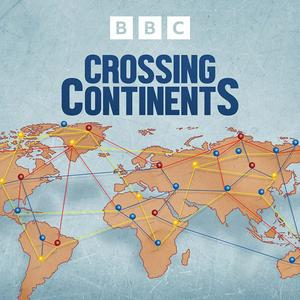In a case with profound implications for European migration policy, 24 former volunteer aid workers have been on trial on the Greek island of Lesbos. Seven years ago, they were arrested after rescuing thousands of migrants from the sea. Now, after many delays, the case involving charges of facilitating illegal entry of foreigners, membership of a criminal organisation and money laundering has gone ahead. Among the defendants facing a possible 20 years in jail have been the Syrian refugee and former competitive swimmer Sara Mardini - and Irish human rights activist and lawyer Sean Binder. They've denied the charges - and said the prosecution was an attempt by the Greek authorities to criminalise help to asylum seekers.
Tim Whewell reports on the trial, its outcome - and the consequences for Lesbos. In in 2015, when about 600,000 migrants arrived on the island after crossing the narrow strait from Turkey. In 2015, local people were proud of their efforts to rescue and support refugees. But later, attitudes changed. And NGOs stopped their rescue work - for fear more aid workers might be prosecuted. Now, far fewer migrants attempt the crossing to Greece. But those who do sometimes die in shipwrecks. And there are allegations, denied by Greece, that its police are illegally pushing asylum seekers back - putting them back on boats and abandoning them at sea.
What will the verdicts in this trial mean for Greece, for other European states that have been tightening their immigration policies - and for the defendants whose lives have been on hold for the last seven years?
Producer/presenter: Tim Whewell.
Sound mix: James Beard.
Translation/field production: Hibai Arbide Aza, Sophia Koufopoulou, Anthi Pazianou
Actors: Jason Barnett & Sam Swann
Production coordinator: Katie Morrison
Editor: Penny Murphy


